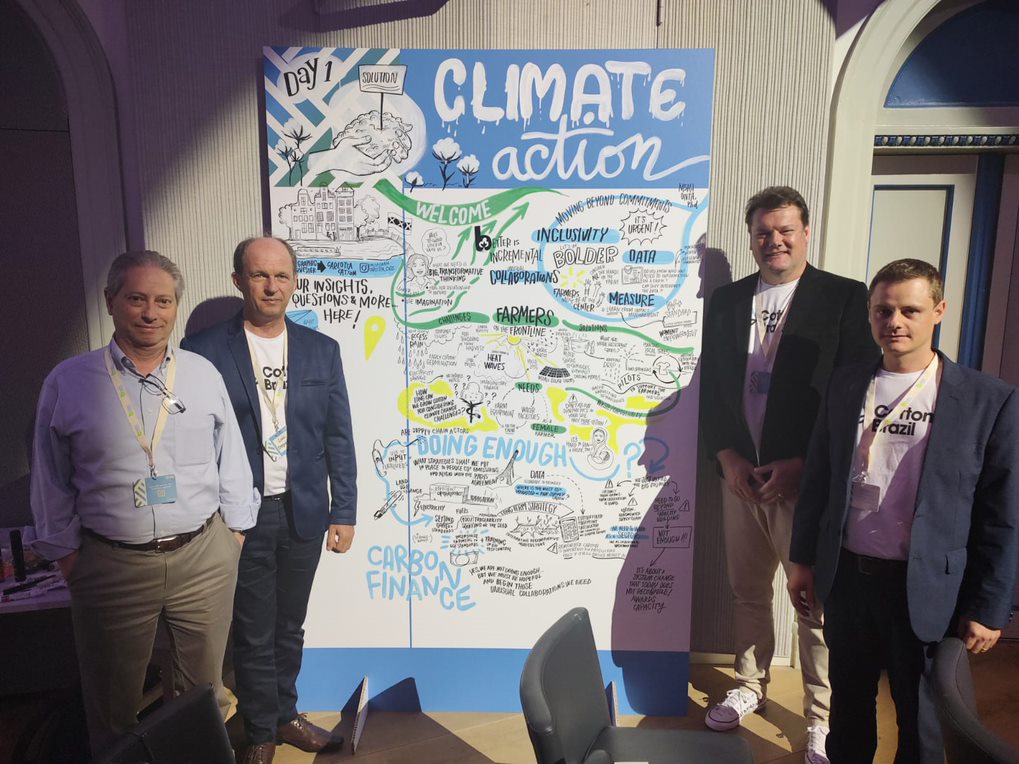The Brazilian traceability program is one of the highlights at the Better Cotton Conference
Business and Markets |
A pioneering initiative for the physical traceability of cotton garments, the SouABR program made Brazil a highlight during the Better Cotton Conference. The event in Amsterdam (Netherlands) was held by Better Cotton in June. The focus of the event was on the sustainability of cotton farming in the scenario of global climate change.
The SouABR program was presented by the president of the Brazilian Cotton Growers Association (Abrapa), Mr. Alexandre Schenkel, during a meeting of Better Cotton members. “Using the tags on the garments, you can find out where the cotton was grown and the path it took to reach your closet. It is also possible to see the spinning, knitting or weaving mills, the manufacturer and the retailer involved in the whole process. They are garments that tell their own story”, explained the president.
All items tracked by SouABR contain at least 70% cotton in their composition, and 100% of the cotton used in the clothes is grown by farms that have the protocol’s socio-environmental certification – Responsible Brazilian Cotton (ABR), developed by Abrapa.
“This is possible because, in Brazil, traceability is carried out on a bale-by-bale basis”, added Mr. Schenkel. Currently, 86% of Brazil’s cotton production has this socio-environmental certification and Brazil accounts for 42% of the world supply of Better Cotton.
During the event, Better Cotton, the largest socio-environmental licensor of the cotton production chain in the world, paid tribute to Abrapa for its ten years of partnership in pursuit of more responsible agricultural and social practices.
In 2013, Abrapa unified the ABR protocol with that adopted by Better Cotton in Brazil. Thus, the producer certified by ABR also became licensed by Better Cotton.
As the sustainability agenda is one of continuous improvement, Abrapa and Better Cotton’s action plan has already laid out the next steps. “We want to further expand the use of biological agents in Brazil,” revealed Mr. Fabio Carneiro, Sustainability manager at Abrapa.
The idea is to encourage more stories such as that of Carlos Alberto Moresco, a farmer from Goiás. His farm was cited as a successful case of integrated pest management, with environmental gains and increased production efficiency.







